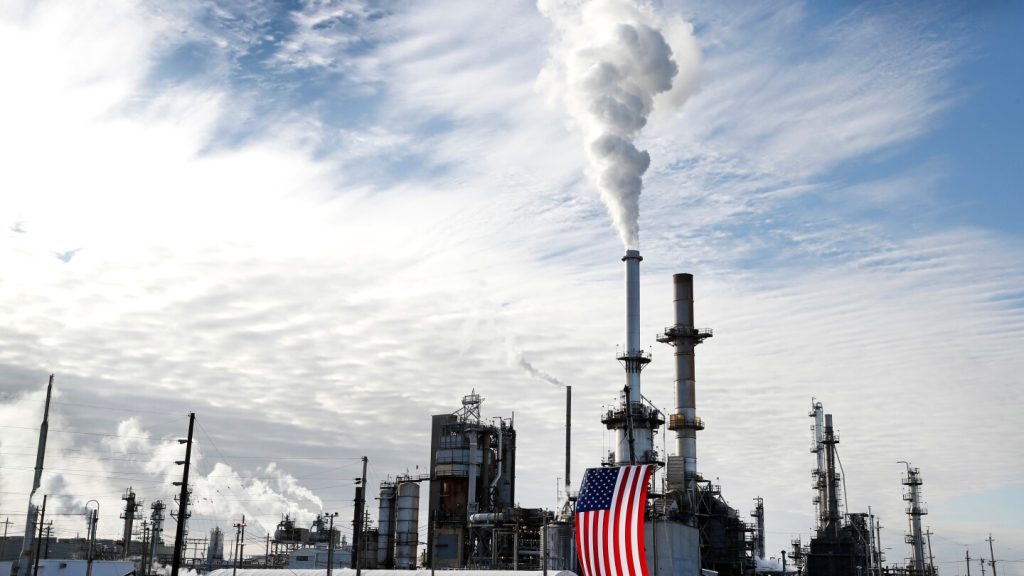Republican attorneys general from 19 states are seeking to block Democratic-led states from pursuing climate change lawsuits against the oil and gas industry. The lawsuits allege that fossil fuel companies misled the public about the risks of their products contributing to climate change, leading to billions of dollars in damages from severe storms, wildfires, and rising sea levels. The GOP attorneys argue that only the federal government has the authority to regulate interstate gas emissions, and state courts should not be allowed to apply their own laws to a global atmosphere that extends beyond their borders. They also warn that climate-related lawsuits could increase energy costs for consumers.
Alabama Attorney General Steve Marshall criticized the Democratic-led states for trying to dictate national energy policy and potentially limiting access to affordable energy for all Americans. The request to the Supreme Court to block the lawsuits has been denounced by California, Connecticut, and Minnesota attorney generals as meritless, partisan political theater, and absurd, respectively. While lawsuits typically start in district courts before moving to the Supreme Court on appeals, some cases involving states can begin directly at the high court. The Supreme Court has the discretion to refuse requests for original jurisdiction, and the request from Republican attorneys general is considered highly unusual.
The Supreme Court could potentially weigh in on climate change lawsuits through multiple avenues, including the request from the oil industry to overturn a Hawaii Supreme Court decision allowing a climate change lawsuit by Honolulu to proceed in state court. This development comes as various states, tribes, counties, and cities across the country have filed lawsuits against oil and gas companies, seeking damages for the impacts of climate change. The dispute highlights the ongoing legal battles over climate change accountability and the balance of power between states and the federal government in regulating emissions and addressing environmental issues.
The majority of Republican attorneys general have joined Alabama’s request to block the climate change lawsuits, citing concerns about potential economic repercussions and the need to uphold federal authority over energy policy. The Supreme Court’s decision on this matter could have significant implications for the future of climate change litigation in the United States. The legal battle underscores the complex and contentious nature of addressing climate change through the legal system and the differing perspectives on responsibility and liability for the impacts of greenhouse gas emissions. The outcome of these lawsuits and the Supreme Court’s involvement will be closely watched by environmental advocates, energy industry stakeholders, and policymakers.


